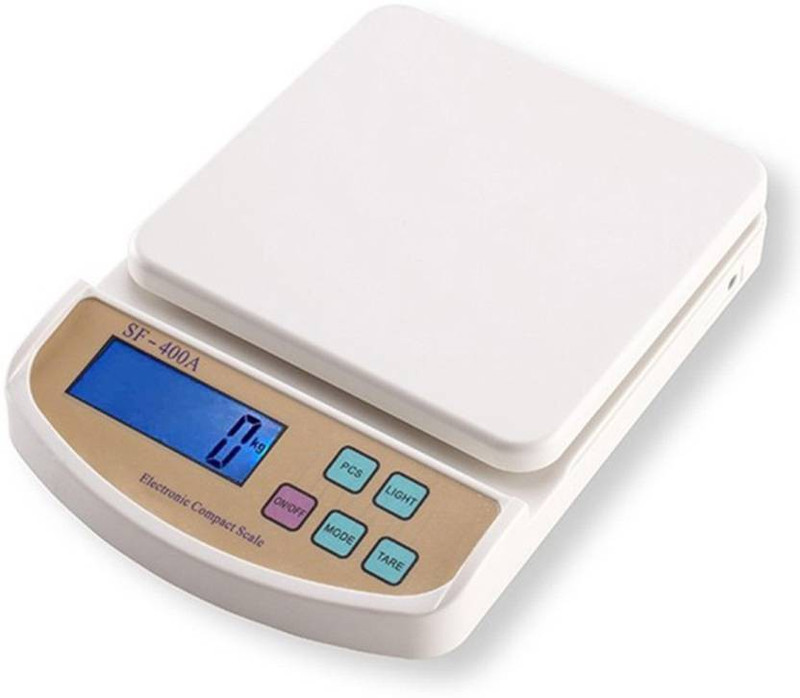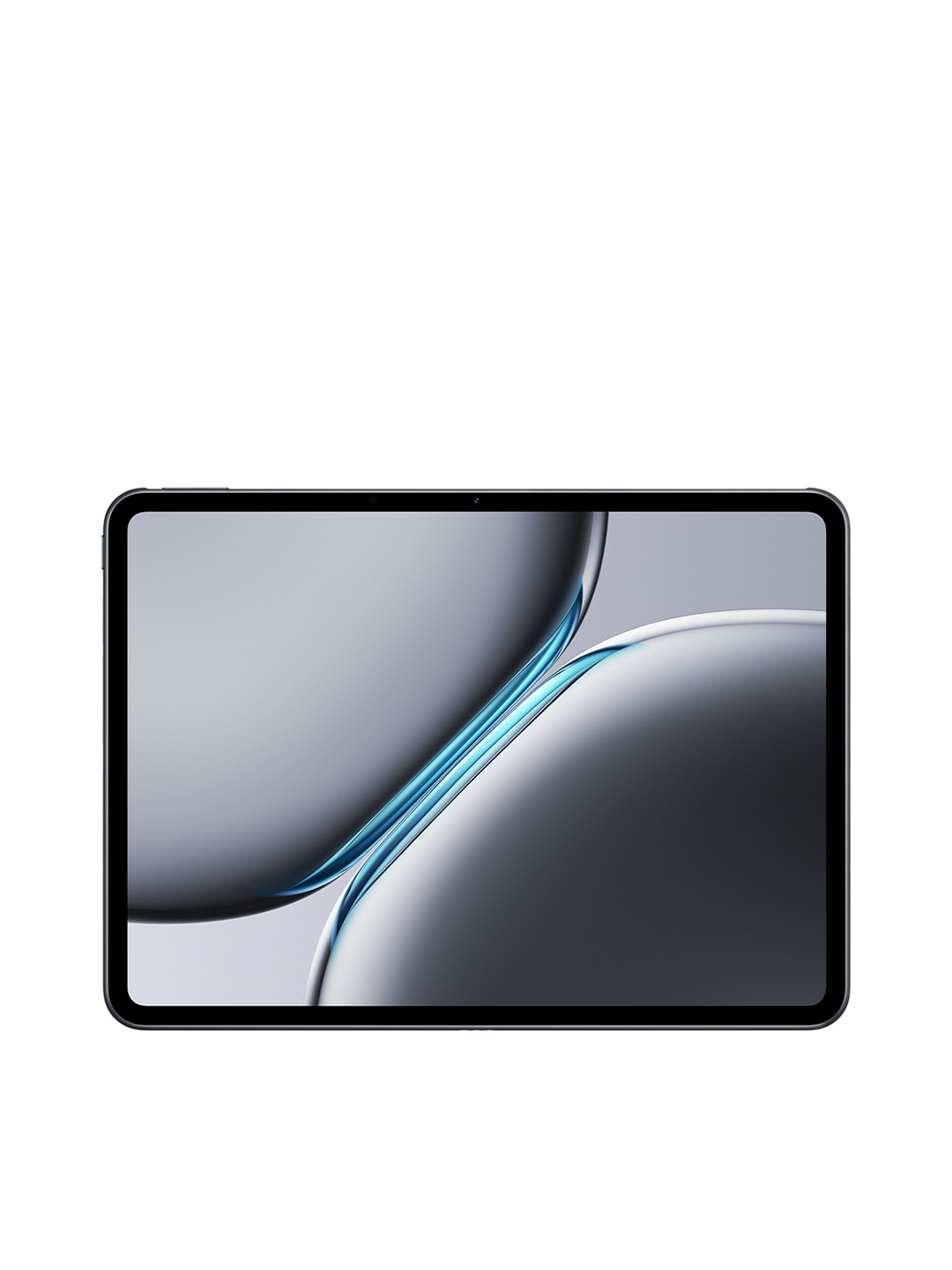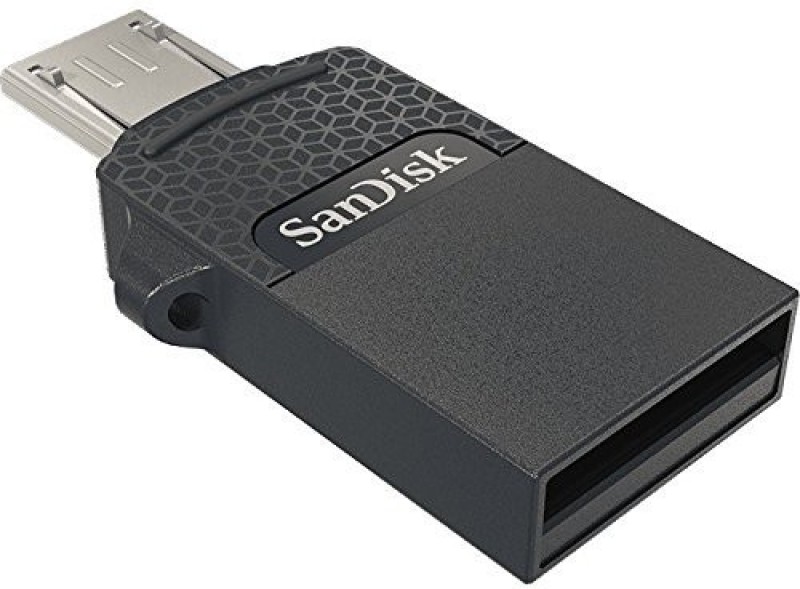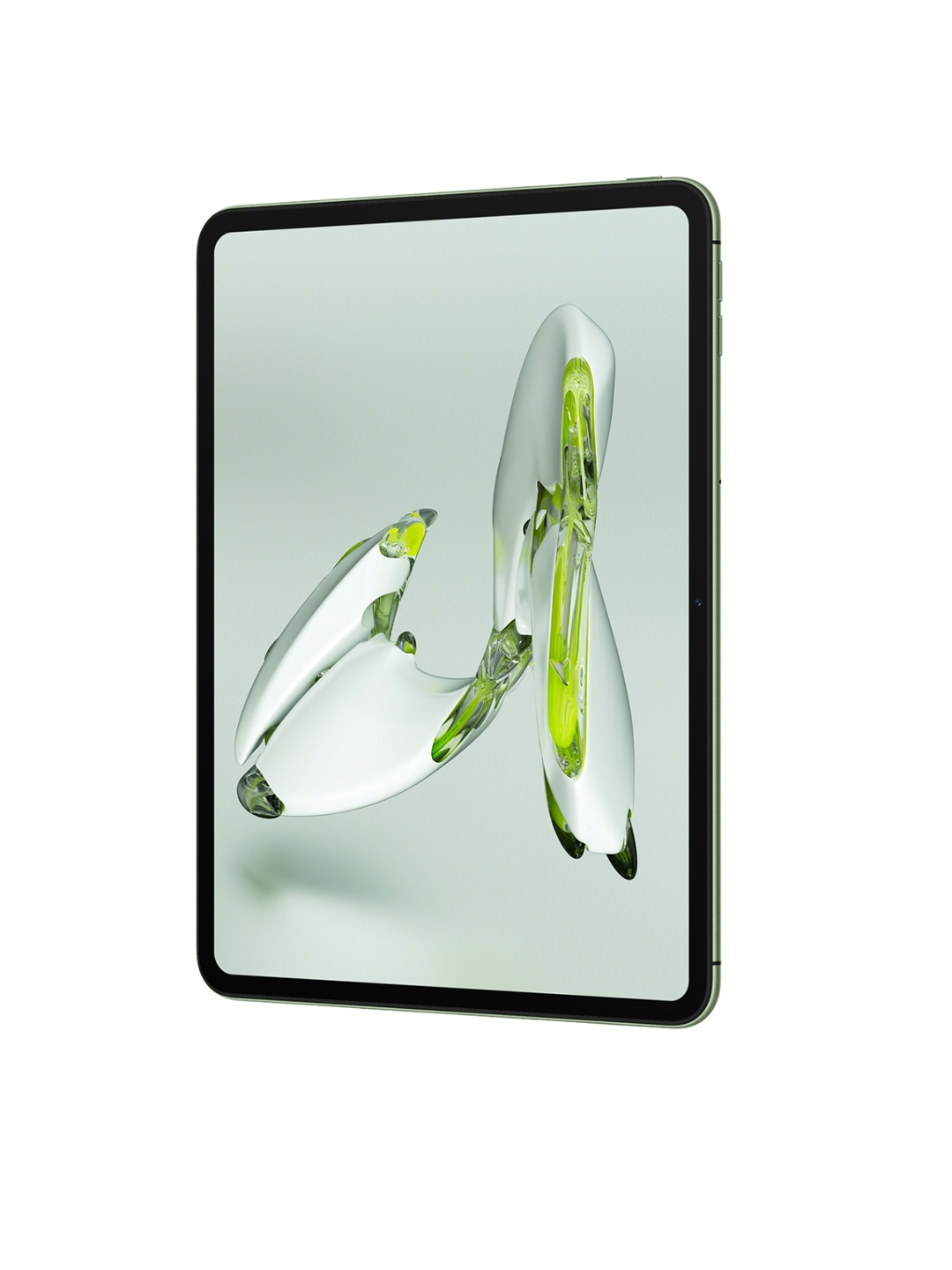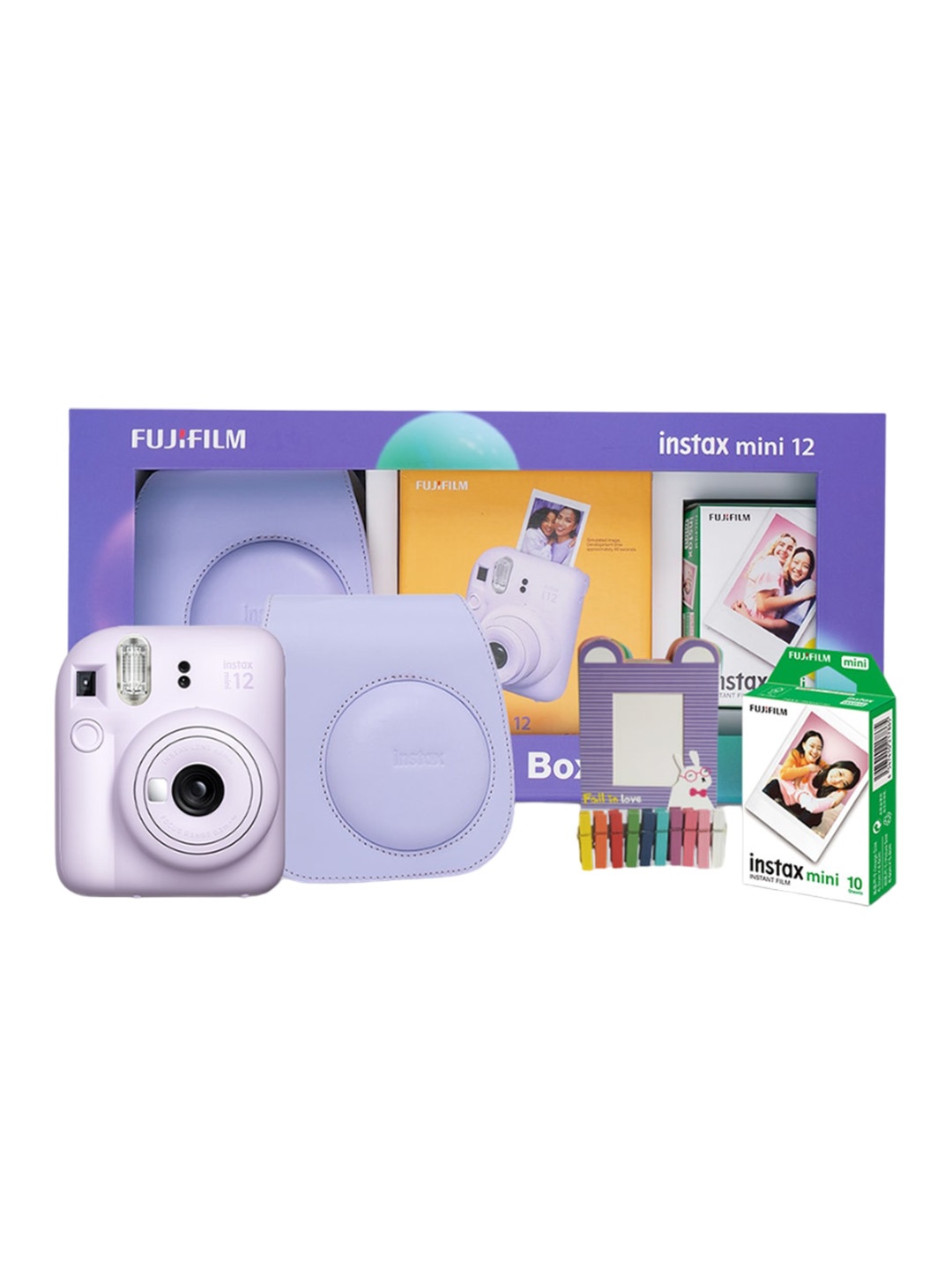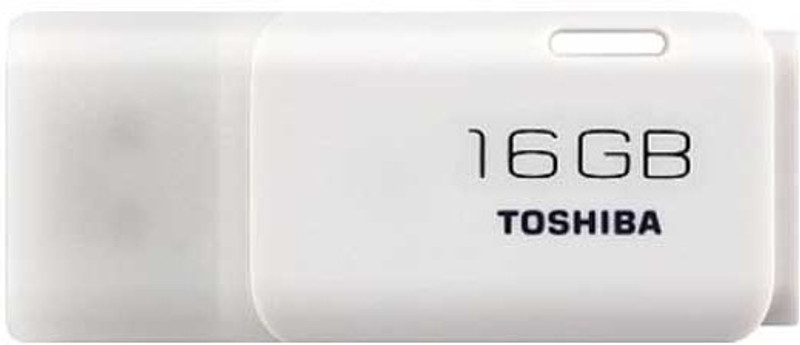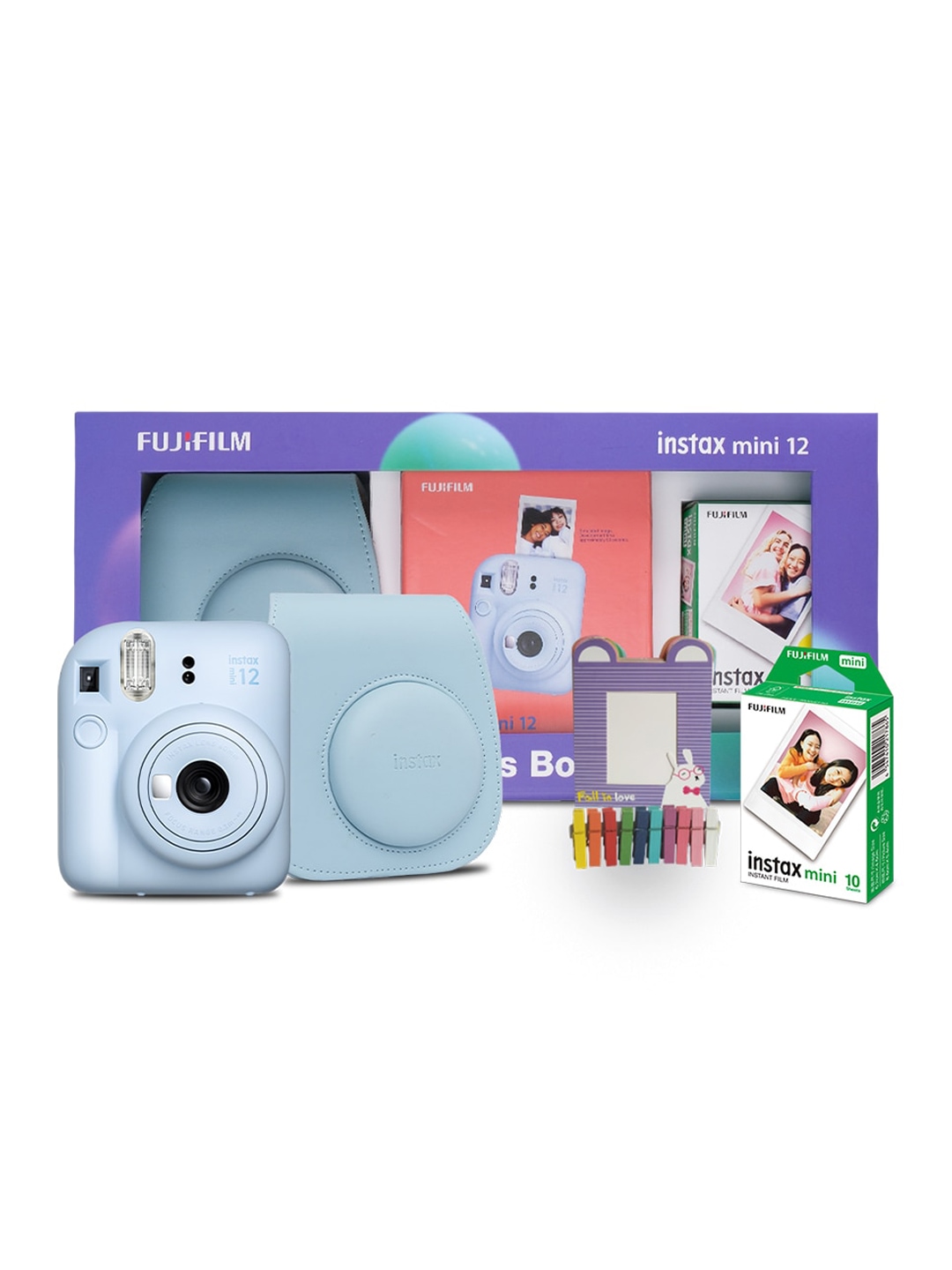SPF 30 Or SPF 50: Are You Using The Right Sunscreen?

We all know that protecting our skin from the sun is essential, especially when the days get longer and the weather turns warmer. From beach holidays to casual strolls in the park, sunscreen is your trusty companion in warding off harmful UV rays. But when you stand in front of the shelf of sun protection products, with SPF numbers flashing on your face, you might wonder: “What's the difference between SPF 30 and SPF 50?”
It's a good question. After all, both seem to do the same thing: block UV rays and keep you safe from sunburn. But with the variety of products available and the confusing jargon, it's easy to be unsure about which one to choose. In this article, we'll break down the key differences between SPF 30 and SPF 50, explore how they work, and help you understand which one is best suited to your skin's needs.
Let's Dive Right Into This Sunny Subject
1. What Is SPF? Understanding The Basics
Before jumping into the specifics of SPF 30 versus SPF 50, it's essential to understand what SPF is. SPF stands for Sun Protection Factor, and it's a measure of how well a sunscreen protects against UVB rays, the ones responsible for sunburn and skin cancer.
The higher the SPF, the more protection it provides. For example, an SPF 30 sunscreen allows you to stay in the sun 30 times longer than if you were unprotected. It's not a magical forcefield, though, SPF is more of a guideline. While SPF 50 sounds like it offers more protection, it doesn't mean you can stay out in the sun indefinitely. Sunscreen needs to be reapplied regularly, no matter the SPF.
With this in mind, SPF 30 offers around 97% protection against UVB rays, while SPF 50 offers around 98%. The difference seems small, doesn't it? But as we dig deeper, we'll see why it still matters.
2. The Difference In UVB Protection
At first glance, the difference between SPF 30 and SPF 50 might seem negligible. Both are effective at blocking harmful UV rays, but the difference in their UVB protection can be more significant than it appears. SPF 30 blocks 97% of UVB rays, while SPF 50 blocks 98%.
On paper, that 1% difference doesn't seem like much, right? But think about it: 1% of a day at the beach, with the sun at its strongest, could mean the difference between a light tan and a painful sunburn. If you're someone who burns easily, that extra 1% of protection can be worth considering.
However, let's not forget that sunscreen isn't a set-and-forget solution. Regardless of the SPF, frequent reapplication is essential for sustained protection.
3. How SPF 30 And SPF 50 Affect Different Skin Types
Different skin types react differently to sun exposure. Someone with fair skin is more likely to burn than someone with darker skin, for instance. This means that the SPF you choose should be based on your skin type and how prone you are to burning.
For fair-skinned individuals, SPF 50 might offer an extra layer of reassurance, especially on hot, sunny days. On the other hand, if you have olive or dark skin, SPF 30 could suffice for everyday outings. That said, SPF 50 can still be useful for people with all skin types when spending extended time outdoors, especially in direct sunlight.
It's also worth considering how much time you plan to spend outside. If you're lounging by the pool for hours or hiking up a mountain, opting for a higher SPF can provide more peace of mind.
4. The Myth Of “All-Day Protection”
A common misconception is that higher SPF means all-day protection. The truth is, no sunscreen lasts indefinitely. Whether you use SPF 30, SPF 50, or even SPF 100, you still need to reapply every two hours or more frequently if you're sweating or swimming.
While SPF 50 may offer slightly longer protection between applications, it doesn't mean you can slather it on in the morning and forget about it until evening. If you're spending a lot of time outdoors, remember to reapply sunscreen regularly to maintain full protection.
Also, don't forget that sunscreen can wear off more quickly in certain conditions, such as during exercise or if you're in contact with water. When swimming or sweating, even waterproof sunscreens need to be reapplied to maintain their effectiveness.
5. Choosing SPF Based On Activity Level
When choosing between SPF 30 and SPF 50, think about the type of activity you're doing. If you're enjoying a lazy afternoon at a cafe with a bit of sun exposure, SPF 30 might do the trick. However, if you're heading out for an intense outdoor activity, like a long hike, mountain biking, or a day at the beach, opting for SPF 50 can provide that added protection.
It's all about matching your sunscreen to your lifestyle. For those who are going to be sweating, swimming, or exposed to harsh sunlight for hours on end, SPF 50 provides a bit more insurance against burns and skin damage.
6. The Impact Of SPF On Skin Health
Beyond just preventing sunburn, regular sunscreen use, regardless of SPF, is vital for long-term skin health. Sunscreen helps prevent premature aging, wrinkles, and even more serious conditions like skin cancer.
While the difference between SPF 30 and SPF 50 might seem small in terms of daily protection, if you're outside often, the cumulative effects of even a 1% difference could add up over time. Consistent sun protection, combined with the right SPF for your skin type and activity, can help you maintain youthful, healthy skin for years to come.
Moreover, there's increasing evidence that daily sunscreen use reduces the risk of developing skin cancer. Whether you go with SPF 30 or SPF 50, applying sunscreen daily can make a significant difference in the long run.
7. SPF 30 vs. SPF 50: The Psychological Factor
Sometimes, choosing between SPF 30 and SPF 50 boils down to a psychological factor. SPF 50 sounds like it's stronger, doesn't it? For some, it can provide a sense of security, especially for those who are extra cautious about sun exposure. There's something reassuring about the idea that you're using a higher SPF, even if the difference in protection is minimal.
That said, it's important not to get caught up in SPF numbers alone. What matters more than the SPF is how frequently you reapply sunscreen, how much you apply, and whether you're using broad-spectrum protection that shields against both UVA and UVB rays.
So, the next time you're in the store, remember: The "higher the SPF, the better" mentality might be worth a rethink. SPF 30 can still do a fantastic job if applied correctly and consistently.
8. Environmental Factors: Why SPF 30 Or SPF 50 Might Be Right For You
Consider your environment when choosing sunscreen. In places where the sun is particularly intense, such as tropical or high-altitude areas, opting for SPF 50 may be a good idea. The more intense the UV rays, the more protection you need.
Likewise, the time of day matters. The sun's rays are typically strongest between 10 a.m. and 4 p.m., so during these hours, it's particularly crucial to wear high SPF protection. If you're going for a walk during the early morning or late afternoon, when the sun's intensity is lower, SPF 30 should provide adequate protection.
Products Related To This Article
1. Dermatouch Multivitamin SPF 50 PA+++ Sunscreen Gel With Allantoin And Hyaluronic Acid
2. Neutrogena UltraSheer Dry Touch Sunblock - Sunscreen SPF 50+ With Helioplex
3. FoxTale Foxtale SPF 50 Glow Sunscreen With PA++++ Vitamin C And Niacinamide
4. Aqualogica Glow+ Dewy SPF 50 PA+++ Sunscreen With UVA/B And Blue Light Protection
5. WishCare Niacinamide Oil Balance SPF50 Light And Matte Fluid Sunscreen With Oats
6. DOT & KEY Cica Calming Niacinamide SPF50 PA+++ Sunscreen
7. Deconstruct Fluid Brightening Sunscreen
8. Hyphen All I Need Sunscreen SPF 50 PA ++++ With Ceramide For Moisturising
9. The Derma co. The Derma Co. 1% Hyaluronic Sunscreen Oil-Free Gel
10. PLIX THE PLANT FIX Guava Glow Invisible Sunscreen Gel SPF50+ PA+++ With Ceramides
When it comes to SPF 30 versus SPF 50, the difference is small, but it can make a big impact depending on your lifestyle, skin type, and sun exposure. Both SPF 30 and SPF 50 offer excellent protection, but the key is to choose the right sunscreen for your needs and reapply it frequently. So, are you using the right sunscreen? If you're heading out for a quick walk or spending the day lounging in the garden, SPF 30 may be all you need. However, if you're going on a long hike or spending the day at the beach, SPF 50 could be a safer bet. Ultimately, the best sunscreen is the one you'll wear and reapply regularly. Whether it's SPF 30 or SPF 50, make sure you're taking sun protection seriously to keep your skin healthy and glowing for years to come.
Disclaimer: The images used in this article are for illustration purpose only. They may not be an exact representation of the products, categories and brands listed in this article.












